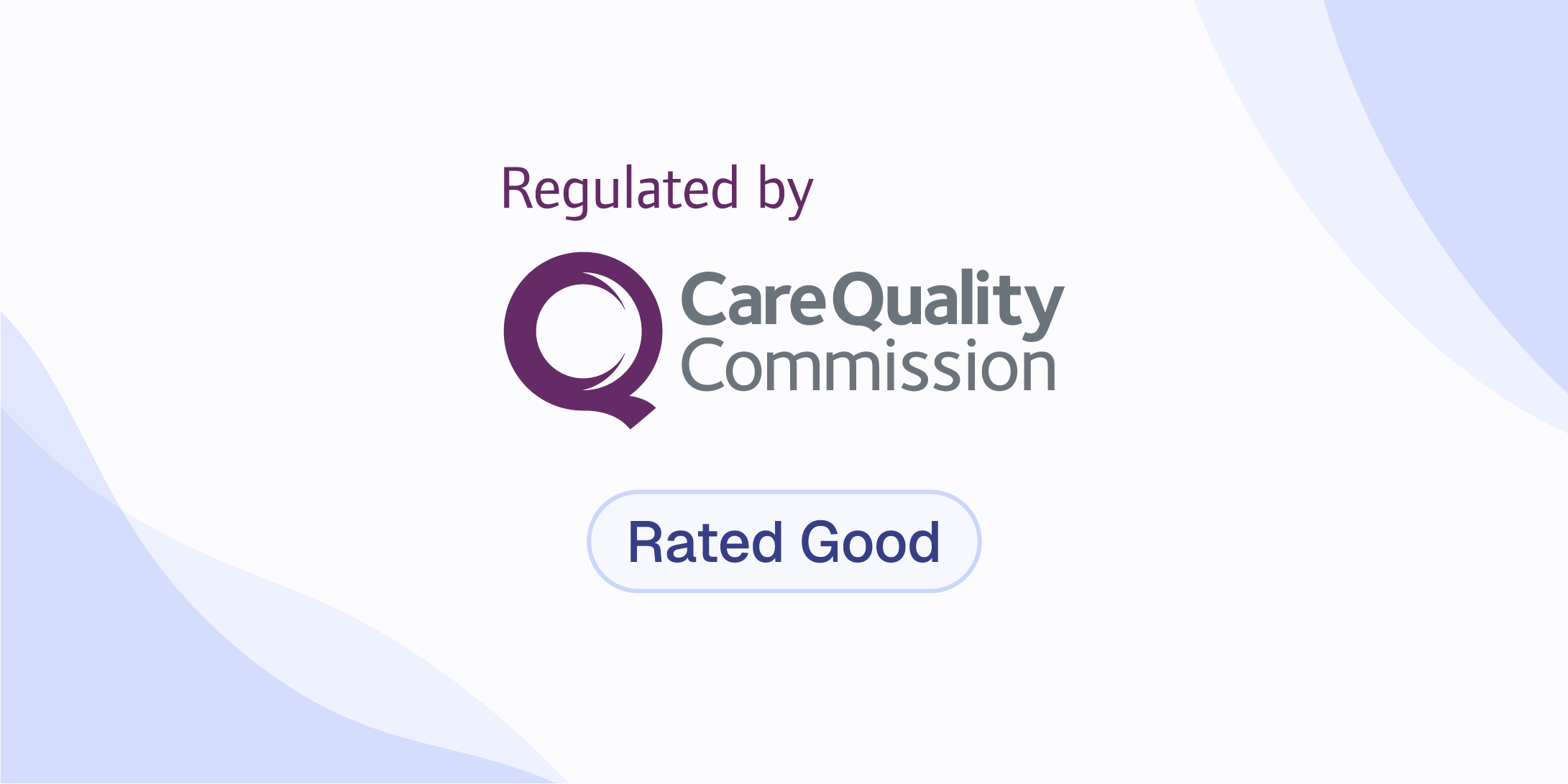Dyslexia is a set of processing difficulties that primarily affect the acquisition of reading and spelling skills, but can also impact other areas, such as mathematics. Challenges with processing and remembering information can make learning and everyday tasks more difficult.
The most common cognitive issue is with phonological processing, but other aspects contribute to the impact, such as working memory, processing speed, and orthographic skills.
Dyslexia varies in severity, and often co-occurs with other developmental conditions, such as ADHD, autism, dyscalculia, Developmental Language Disorder (DLD), and Developmental Coordination Disorder (also known as dyspraxia).
Is dyslexia a learning disability?
Dyslexia is considered a disability from the perspective that individuals with dyslexia are entitled to reasonable accommodations in educational and workplace settings to help them succeed and reach their potential.
Research has shown that dyslexia affects language processing skills, but it does not impact overall intelligence. Dyslexia is a specific learning difficulty (SpLD) that brings both strengths and challenges. Often those strengths are in verbal and non-verbal ability.
It is important to understand that dyslexia is a specific learning difficulty that requires tailored support, but it does not reflect a person's intelligence and is not a global learning difficulty.
What are common signs of dyslexia?
Everyone is unique, but there are common signs of dyslexia which individuals may experience to some degree. These can include, but are not limited to:
- Difficulty learning to read and persistent challenges with reading fluency and accuracy, despite adequate teaching and intervention.
- Ongoing spelling issues, often spelling words incorrectly or inconsistently.
- Confusing sounds in words.
- Difficulty sequencing information, such as the alphabet, days of the week, or when organising written work.
- Holding information in memory for a short time whilst doing a task, such as following instructions or working out a problem.
- Struggling to recall names, dates, and lists.
- Slower processing speed, making it difficult to quickly and accurately process written and/or spoken information.
Adults may have developed effective compensatory strategies and can present differently to children.
What about strengths?
There are strengths often associated with dyslexia that can be beneficial to dyslexic individuals, such as:
- Creative thinking, bringing an ability to think outside the box and come up with innovative ideas.
- Problem-solving abilities; approaching problems from different angles and finding effective solutions.
- Strong visual-spatial reasoning skills which lead to successful design or STEM (science, technology, engineering, maths) careers.
- Creative expression for art, design, and creative writing and storytelling.
- Interpersonal skills.
Are there different types of dyslexia?
Some researchers refer to different forms of dyslexia, such as surface, phonological, or visual dyslexia; however, this categorisation is not usual in a diagnostic report.
At ProblemShared, a highly qualified assessor will look at the strengths and challenges identified through background information, standardised assessments, and observation, and these will be set out alongside a diagnosis of specific learning difficulty, if applicable.
How ProblemShared can help
ProblemShared is a CQC-registered online mind health service, offering the highest quality mental health and neurodevelopmental care, and assessments for specific learning difficulties such as dyslexia and dyscalculia.
All of our SpLD clinicians are regulated by SASC (SpLD Assessment Standards Committee) and follow best practice guidelines and a strict code of conduct to ensure you receive high quality assessment, written evaluation, and recommendations.
If you believe you or your child may be dyslexic, please visit our standalone pages for children and adults.
*This article was written and reviewed by Anne Cowley, SpLD Clinical Lead at ProblemShared.



